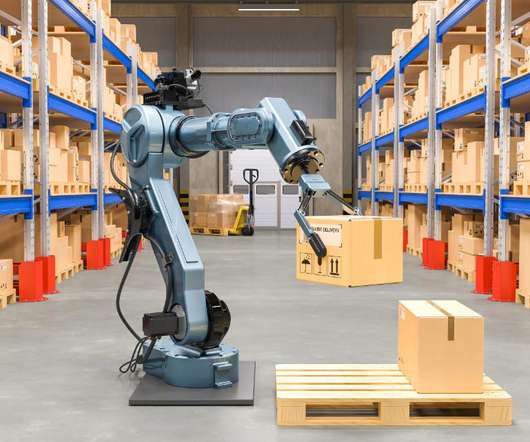Why Are Workers Are Getting A Smaller Piece Of The Economic Pie?
The Horizons Tracker
OCTOBER 12, 2020
New research from MIT sets out to understand precisely why the labor share of GDP has fallen from 67% in 1980 to just 59% today. The discontent from economists has mainly arisen due to the remarkable stability of labor’s share of GDP throughout the 20th century. “That’s our key point.” ” Superstar firms.


















Let's personalize your content